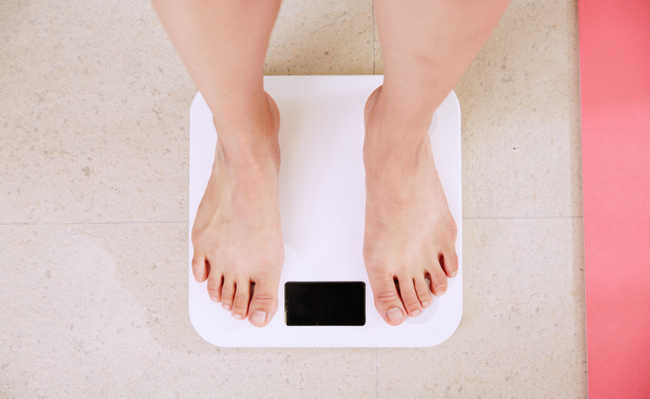11 Homemade Tips That Work As A Remedy For Reflux
Find out about some home remedy suggestions that can alleviate reflux symptoms

Miti image on Unsplash
Acid reflux or gastroesophageal reflux disease (GERD) is the return of food consumed from the stomach into the esophagus and into the mouth, causing pain and inflammation. This happens when the muscle that was supposed to stop the stomach acid from getting out of it doesn't work properly.
Sometimes confused with heartburn, reflux symptoms affect about 50% of the US population. In Brazil, the number is lower: 12 out of every 100 Brazilians. While heartburn reminds you that you just ate a pizza that didn't go down very well, gastroesophageal reflux disease is when food, which has acidic contents, bilious material and pancreatic juices, travels back to the esophagus, causing problems that persist. several times a week.
Reflux symptoms include hoarseness, feeling that food is heavy in the stomach, burning, irritation, nausea, coughing, wheezing, asthma symptoms, and corroded tooth enamel. They also increase the chances of esophageal cancer.
To prevent reflux, avoid foods and drinks that can trigger your symptoms. Some of them are: chocolate, alcohol, nicotine, caffeine and spicy and fatty foods.
If you end up with gastroesophageal reflux, adopting a reflux diet is a good measure to avoid the need for early medical treatment. Before rushing to the pharmacy in search of medicine, check out some tips here.Homemade Options That Work As A Remedy For Reflux
1. Lose weight

Edited and resized image of i yunmai, is available on Unsplash
Studies show that losing 10% of your body fat can improve acid reflux symptoms.
2. Start a reflux diet
The first step in adopting a diet that helps control reflux is to avoid the aforementioned foods. However, the foods that are good or bad can vary from person to person. Pay attention to symptoms and what you eat each day.
3. Try eating raw almonds
They produce alkaline, a substance that neutralizes the acids present in the body and, in this way, balances the pH of the stomach region, in addition to being a good source of calcium.
4. Drink two glasses of pure aloe vera juice a day
Juice made from home-grown aloe improves digestion and blood circulation, helps detoxify the body and even relieve pain. Aloe juice is another good ally as it contains several vitamins and minerals, including vitamin C, B-complex vitamins, iron, copper, calcium, potassium and manganese. But do not buy food products based on aloe, because they are not regulated by Anvisa. Use only if you grow aloe at home.
5. Start your day with a glass of hot water and fresh lemon juice
Drink these drinks on an empty stomach about 15 or 20 minutes before eating. In this way, the body is able to naturally balance its acid levels, which helps the digestive part a lot.
6. Try drinking a tablespoon of baking soda in half a cup of water
It's not tasty, but it's effective as it neutralizes stomach acid. Learn more in the article: "Does baking soda for heartburn work?".
7. Take 1 to 2 teaspoons of apple cider vinegar daily
Because it tastes bitter and astringent, mix it with a little honey or lemon. The mixture activates digestive enzymes and helps in the natural process of food metabolism.
8. Eat a red apple after meals that didn't go well
Rich in soluble fiber, apples help regulate the intestine, have healing agents that help in cases of heartburn, gastritis and ulcers, and act on the mucosa of the digestive system.
9. Drink chamomile, mint or fenugreek tea
These teas help reduce reflux symptoms as it has a calming effect on the stomach.
10. Chew gum after meals
Although it is not good for your teeth, it increases saliva production and reduces acid levels in the esophagus.
11. Try to sleep facing the left side
According to a study published by The Journal of Clinical Gastroenterology, sleeping on the right side can cause an increase in the level of acid in the stomach, which increases the symptoms of gastroesophageal reflux disease. Learn more about the pros and cons of sleeping positions in the article: "Sleeping Positions: Pros and Cons of the Most Common".
Other tips are also valid to reduce symptoms: stop smoking; do not wear tight clothing; do not exercise right after a meal; do not lie down right after a meal (always wait about three hours); raise the head of the bed if you have reflux at night. And, of course, these are tips that may work for early symptoms, but it is always advisable to consult a doctor or doctor.










